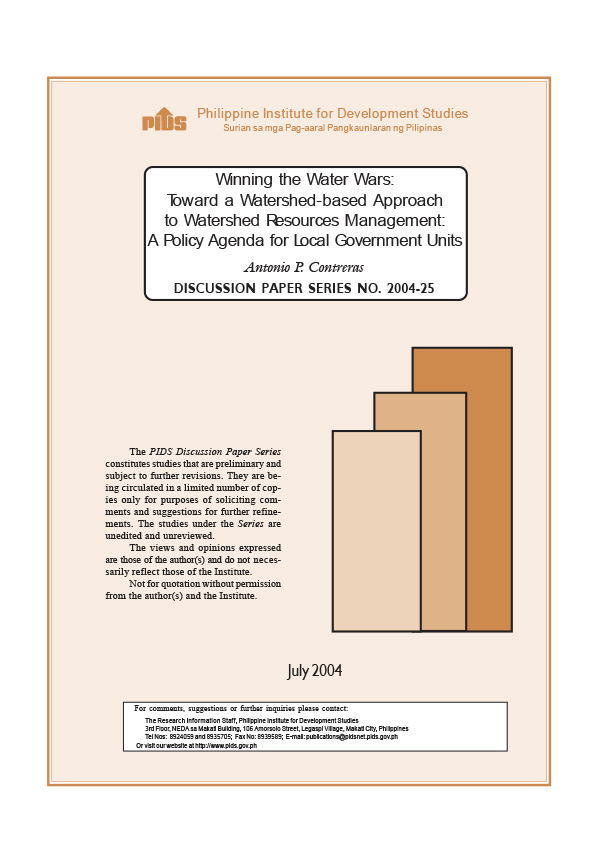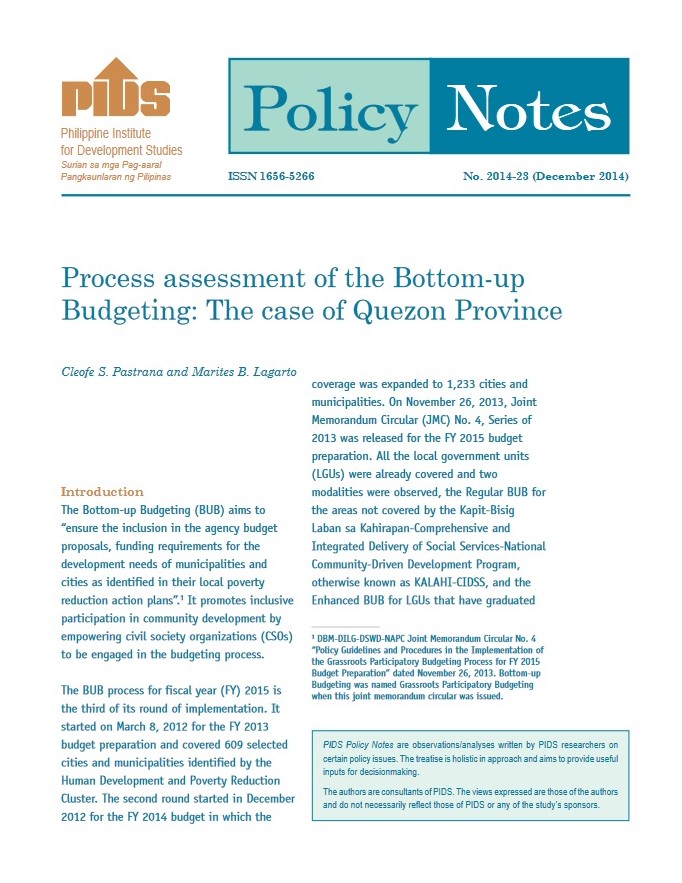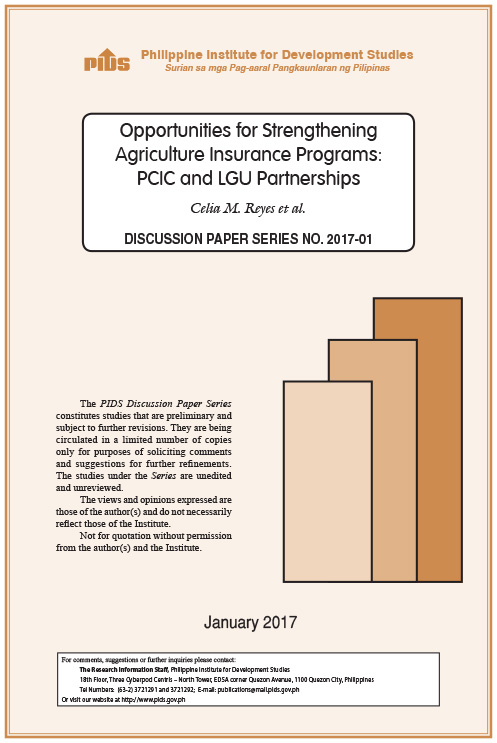The following are offered as guiding principles in the involvement of LGUs in water resources management. • For LGUs to adopt an integrated, holistic approach in addressing the inherently interrelated issues of water supply planning and operation, demand management, pollution control, and watershed and ground water protection. • For LGUs to manage water not only as a social good but also more importantly as an economic good. As such, water becomes a commodity that is assessed for its scarcity value and whose distribution exists in the context of market processes, even as it is balanced by the view that water is a basic need. • For LGUs to implement a strategy to operationalize a water-pricing policy that covers the full economic cost of water production and distribution, by taking into account the opportunity cost of water where there are competing users, and the cost of externalities or negative environmental impacts. • For LGUs to uphold the principles associated with a watershed-based approach by considering the watershed as the basic unit in managing the water resources of the country. There is a need for the following mechanisms to enable LGUs to be effective managers of their water resources: • There should be support for the institutionalization of local water bodies. • There is a need to create a technical capacity and awareness among the LGUs and local communities, particularly in managing watersheds. • There should be mechanisms to enable the financial viability and sustainability of local initiatives beyond their reliance on official development assistance. This should clearly emphasize the use of market-based instruments in assessing the true value of water that would be levied on users, as well as water-related services or damages. There is a need to put in place mechanisms that require local governments to involve civil society organizations.













